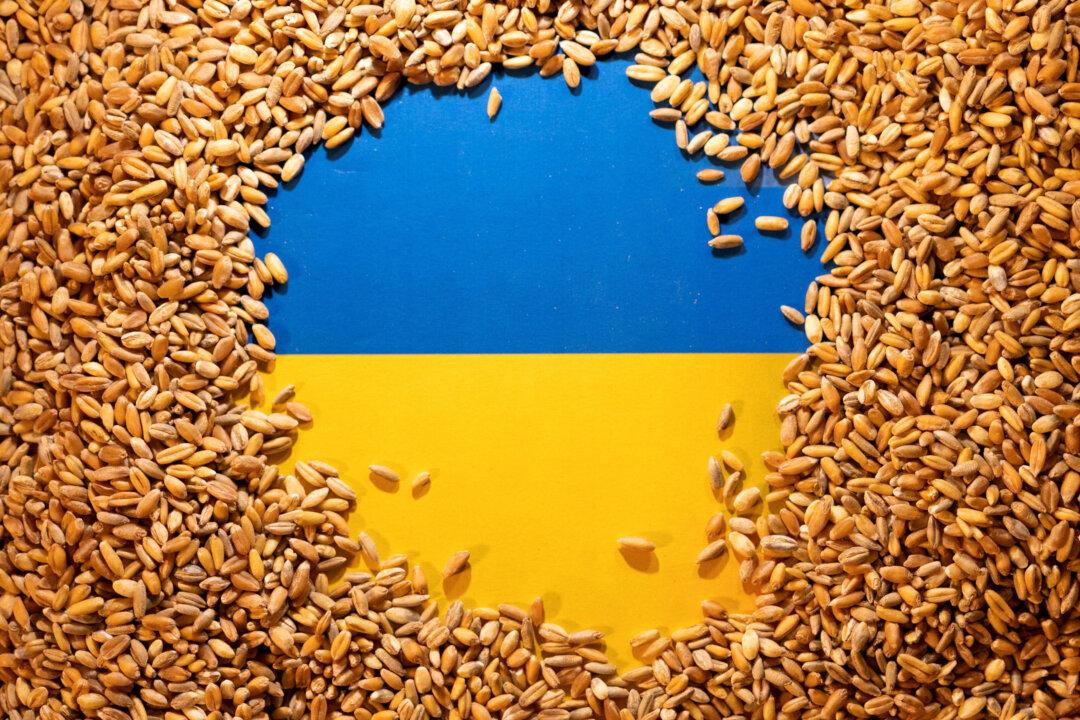A Czech agrarian organization called on Eastern European farmers to protest at the Ukrainian border against unfair imports of agricultural products from Ukraine and the European Union’s agricultural policies.
Delegations of agricultural organizations from six EU countries demanded an “immediate solution” to the adverse effects of the EU’s agricultural policies and regulations at a meeting with EU Agricultural Commissioner Janusz Wojciechowski on Feb. 12 and 13 in Poland, according to a statement by the Czech Agrarian Chamber.





